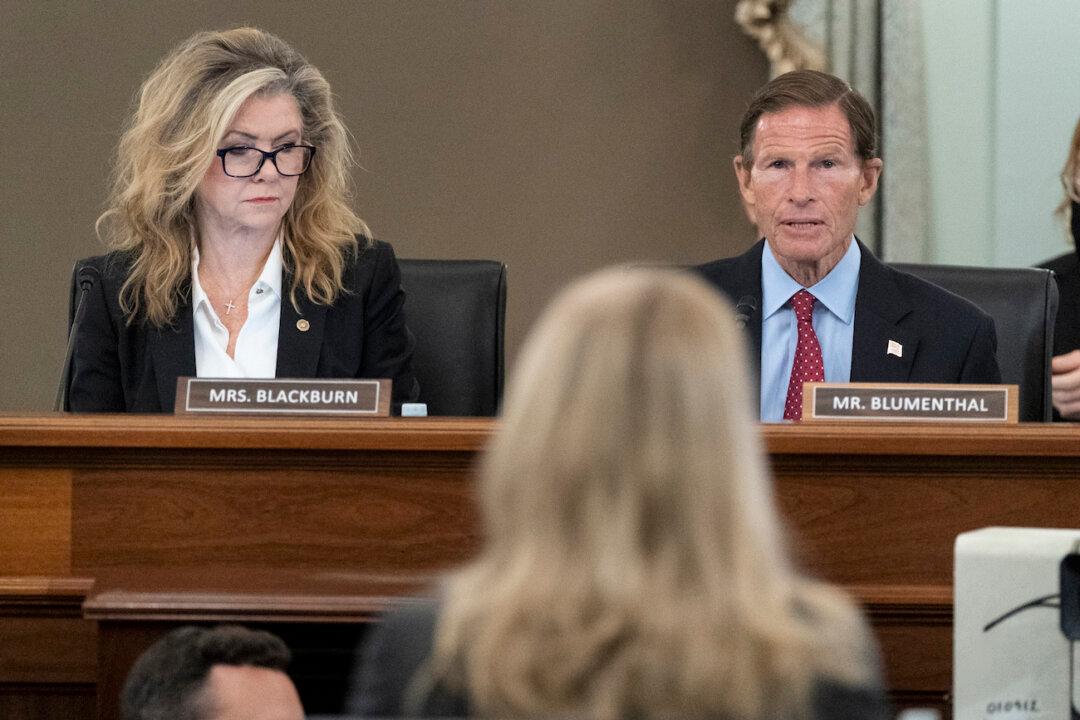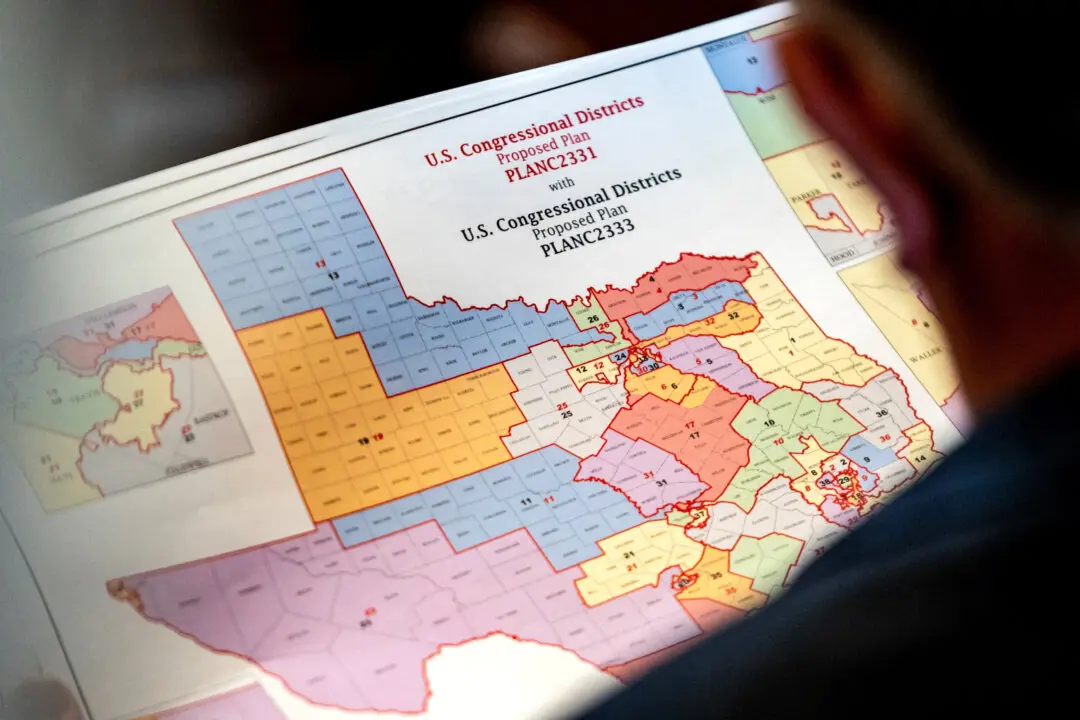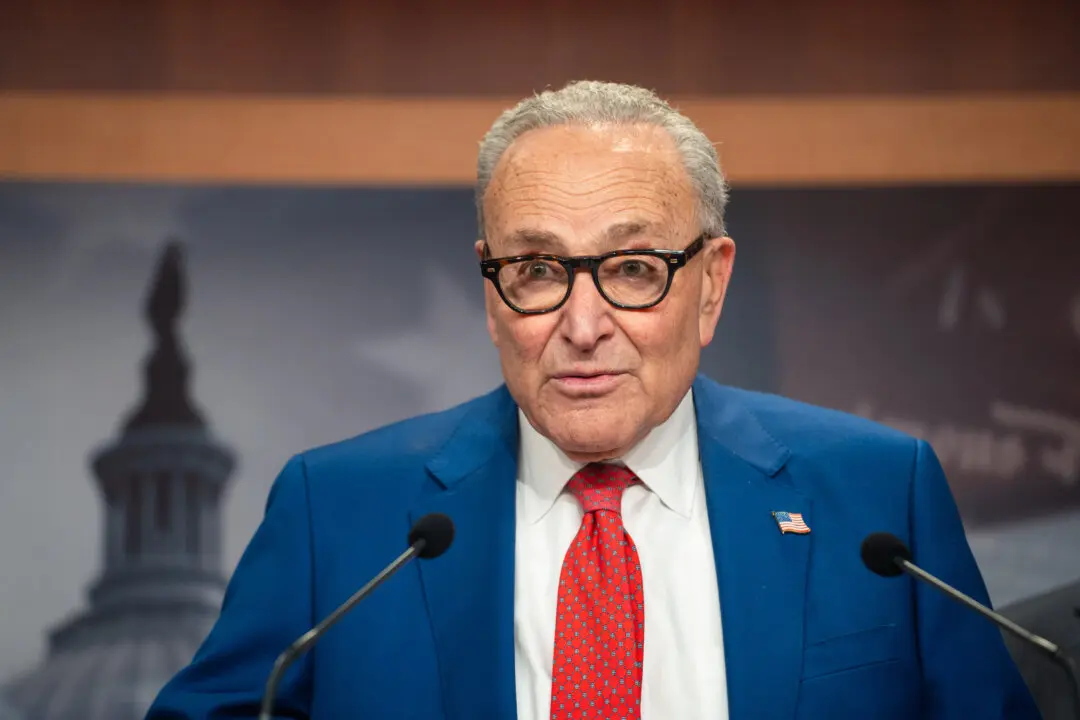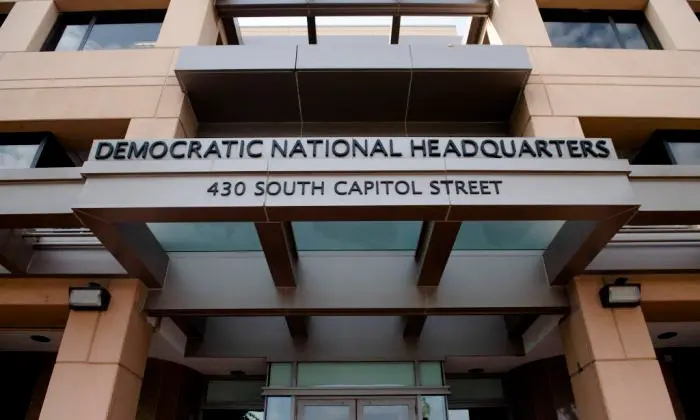Senators are working to get the Federal Telecommunications Commission to enforce a 2016 law called the Better Online Ticket Sales (BOTS) Act, which is meant to prevent and penalize those who run automated bots when purchasing tickets from online sales platforms.
Members of the Senate Judiciary Committee on Tuesday questioned and strongly criticized Joe Berchthold, president of Live Nation Entertainment—parent company of Ticketmaster—for its failed rollout of tickets for a Taylor Swift concert tour.





